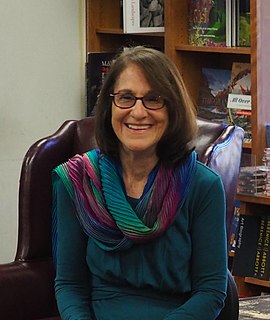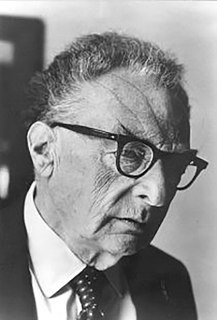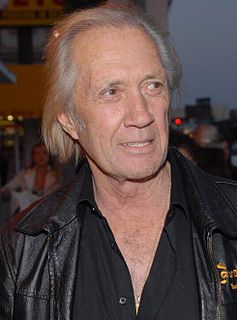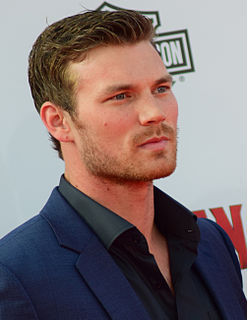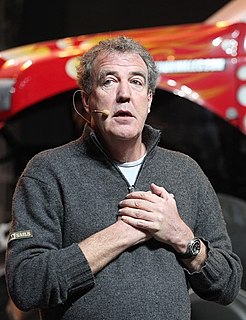A Quote by Margaret George
Boredom is that awful state of inaction when the very medicine - that is, activity - which could solve it, is seen as odious.
Related Quotes
Boredom is that awful state of inaction when the very medicine ? that is, activity ? which could solve it, is seen as odious. Archery? It is too cold, and besides, the butts need re-covering; the rats have been at the straw. Music? To hear it is tedious; to compose it, too taxing. And so on. Of all the afflictions, boredom is ultimately the most unmanning. Eventually, it transforms you into a great nothing who does nothing ? a cousin to sloth and a brother to melancholy.
I think this is exactly where the action is, is in the middle. I have seen it when I was governor of the state of California. I have seen it firsthand, that the only way we brought Democrats and Republicans together, we could really solve very important issues. I remember that's how we really started rebuilding California and invested $60 billion in infrastructure.
The object, which is back of every true work of art, is the attainment of a state of being, a state of high functioning, a more than ordinary moment of existence. In such moments activity is inevitable, and whether this activity is with brush, pen, chisel, or tongue, its result is but a by-product of the state, a trace, the footprint of the state.
Medicine in its present state is, it seems to me, by now completely discovered, insofar as it teaches in each instance the particular details and the correct measures. For anyone who has an understanding of medicine in this way depends very little upon good luck, but is able to do good with or without luck. For the whole of medicine has been established, and the excellent principles discovered in it clearly have very little need of good luck.
Boredom forces you to ring people you haven’t seen for eighteen years and halfway through the conversation you remember why you left it so long. Boredom means you start to read not only mail-order catalogues but also the advertising inserts that fall on the floor. Boredom gives you half a mind to get a gun and go berserk in the local shopping centre, and you know where this is going. Eventually, boredom means you will take up golf.
Hundreds of investors ask me questions each year about the dilemmas they confront. Their worst problem? Uncertainty. They are traumatized and become emotional or confused to the state of inaction. Even worse, they try to solve a short-term problem in a way that hurts them financially in the long run.
